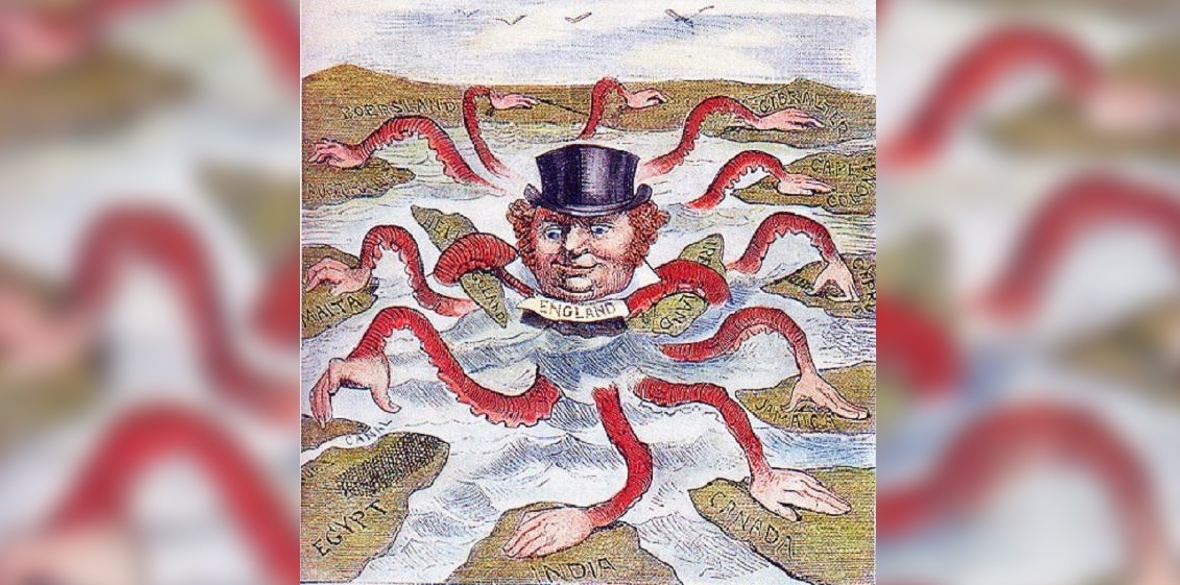This is the last article you can read this month
You can read more article this month
You can read more articles this month
Sorry your limit is up for this month
Reset on:
Please help support the Morning Star by subscribing here
AS the threat of war stalked Europe and the world, the brilliant German artist John Heartfield — he Anglicised his name in protest at the rabid nationalism of the first world war — depicted in a startling photomontage a bemedalled and top-hatted predatory animal stalking among the corpses.
The caption read: “War and corpses — The last hope of the rich.”
He might be summing up the commercial morality of the BAE chairman who today turned logic and morality upside-down to argue that the bomb and missiles, delivered by BAE Systems, and blowing apart the bodies of Yemenis — in the service of both imperialism and the degenerate and bloodthirty clan that rules Saudi Arabia — is, in fact, in the service of peace.
Lest we forget, the creation of the blood-soaked Saudi entity is the work of British imperial power.
Germany’s ally in the Great War, the Ottoman empire, was defeated and dismembered. Britain’s ruling class calculated that, in both collaboration and rivalry with French imperialism, the best mechanism for maintaining influence in the region would be to assemble a hotch-potch of minor states ruled by one or other emirs and franchise a dominant monarchy as regional policemen.
Divide and rule. Blood and plunder. Britain plumped for Ibn Saud over his rivals and backed him in a relentless war which saw 400,000 dead and millions driven into exile.
In a foretaste of the methods which the Saudi royal ruling class today deploy — firstly under licence from Britain and latterly the US — 40,000 were executed, 350,000 has limbs amputated and the RAF was deployed from the neighbouring (and rebellious) Iraq to bomb dissidents into submission.
This is how the Saudi dynasty came to be the rulers of this vast oil- and gas-rich state.
But such “diplomacy” was not the only weapon deployed by Britain.
Direct military intervention was the device to buttress the new regional boss in the service of British imperialism’s long-term aim: “…not a United Arabia, but a weak and disunited Arabia, split up into little principalities so far as possible under our suzerainty — but incapable of co-ordinated action against us, forming a buffer against the powers in the West.”
Pity the poor Yemeni people. Ruled by a legion of local sultans and emirs — all licensed by the British — their land was strategically placed to provide a coaling station for the Royal Navy.
This is why today many Yemenis make their home here in Britain.
Having fought the British empire to a standstill in the 1960s, they now find their homeland in both a civil war and under unrelenting assault from Saudi Arabia and its allies armed and equipped by Britain and US capital.
BAE expresses the fusion of British and US capital, first among equals in Europe and a powerful player in the global arms economy.
Its commercial operations straddle war industries, aviation, defence electronics, shipbuilding and command and control systems.
The constant recomposition of its capital and the profits its shareholders harvest derive from the military operations of the world’s two most militarily power imperialist states.
Putting a stop to the death and destruction from which it derives its blood-laden booty is not going to be an easy task.
It will take a combination of an ethical foreign policy that abandons the support of regimes like that of the Saudi head-chopper in chief plus a comprehensive programme of state acquisition of the assets that BAE has built up, largely on public money.
The defence of our country is too important a task to be left to profit-seeking warmongers.











